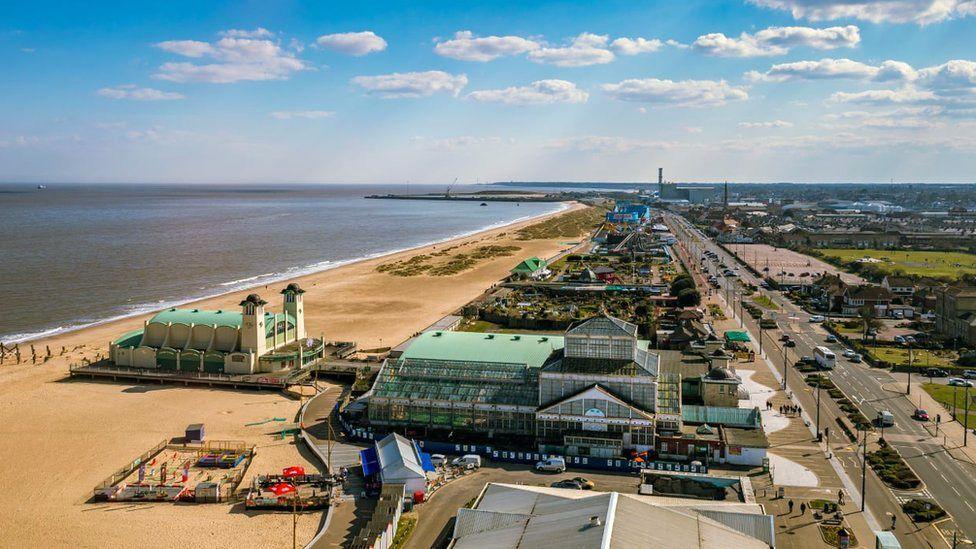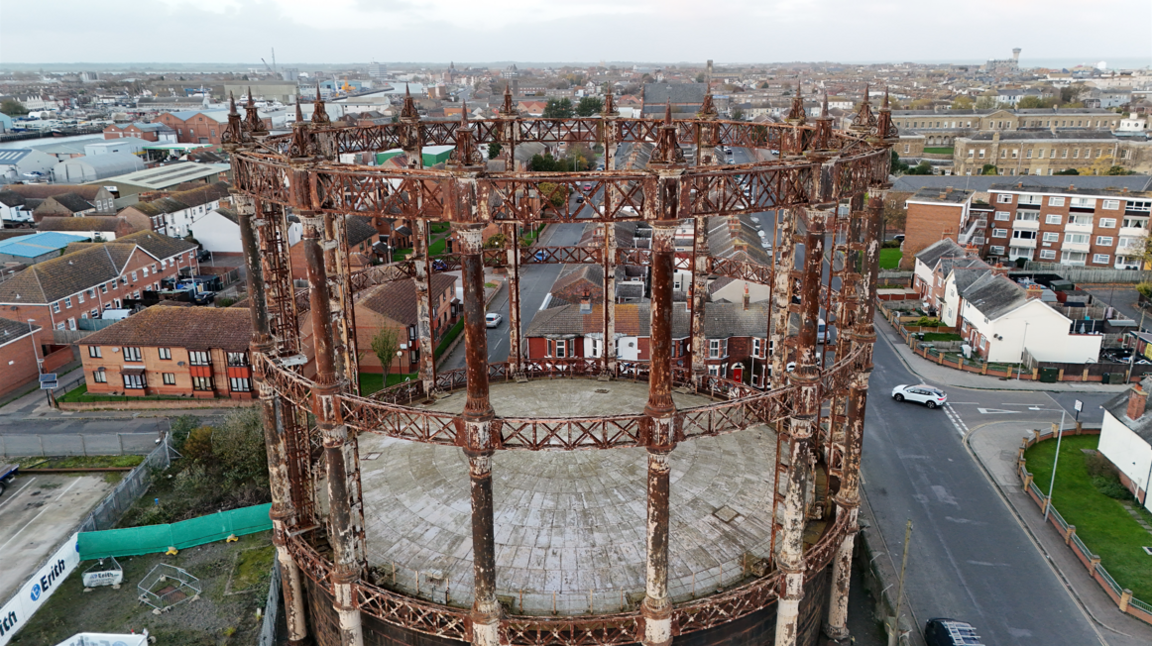Study to explore coastal town's sea of opportunity
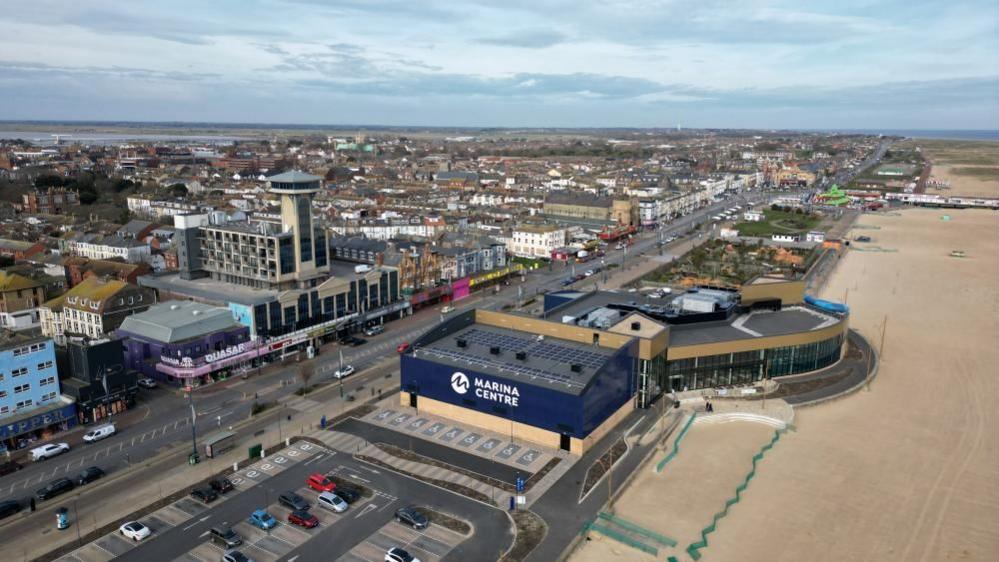
Great Yarmouth has been selected to feature in a four-year university study
- Published
As academics prepare to undertake a four-year study into the way a coastal town has been shaped by its relationship with the North Sea, the BBC asks people how the town has shaped them.
Anglia Ruskin University (ARU) and the Time and Tide Museum have been given £35,000 by the Arts and Humanities Research Council and Norfolk Museums Service to explore Great Yarmouth's relationship with the sea.
The university said by understanding the dynamics that impact coastal communities, the project will also investigate how historical insights can inform current strategies to benefit Great Yarmouth and towns like it across the country.
The Time and Tide Museum, part of Norfolk Museums Service, will see a dedicated PhD researcher analyse the museum's extensive Great Yarmouth Voices Collection for the first time.
Recorded over the last 70 years, the archive contains 350 stories from individuals with diverse backgrounds, ranging from offshore workers to circus performers, capturing memories that might not typically be found in traditional history books.
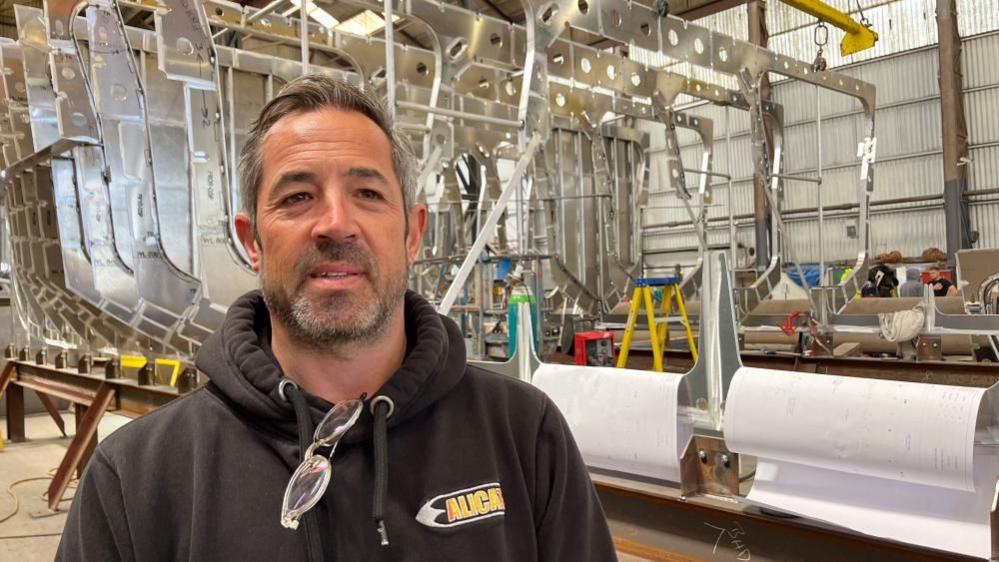
Simon Coote began his apprenticeship in shipbuilding and now is joint owner of the business where he began his career
Simon Coote, director of Alicat Workboats, said: "The sea has given me my working career, starting in Lowestoft as a marine engineer, coming to Yarmouth to work on the shipyard, and ending up owning the shipyard seven years ago.
"It's definitely changed a lot. This yard has been here for 110 years and it's always been building ships.
"The yard has been through ups and downs of closures when the big ships declined and the fishing industry declined, but now we are on the new cusp of offshore energy.
"We are now employing more apprentices than we have in 30 years."
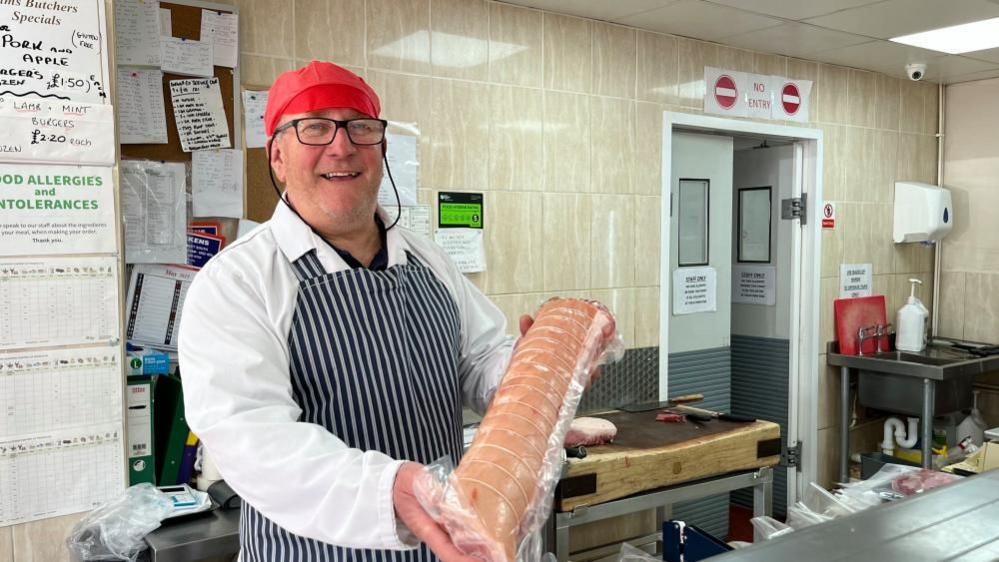
Jim Wyllie, of Jim's Butchers, said Great Yarmouth was a town of opportunity, where he began his business aged 18
Jim Wyllie was 18 when he set up his own butchery business, now supplying hotels, restaurants and caterers.
Now 58, he said: "Obviously it is a tourist area and it brings us business. There's lots of money out there if you want to go for it.
"And Great Yarmouth gives you a little bit of a chance because there are some reasonable rents here, some reasonable opportunities.
"There is business out there for everyone. It's about how much do you want to do."
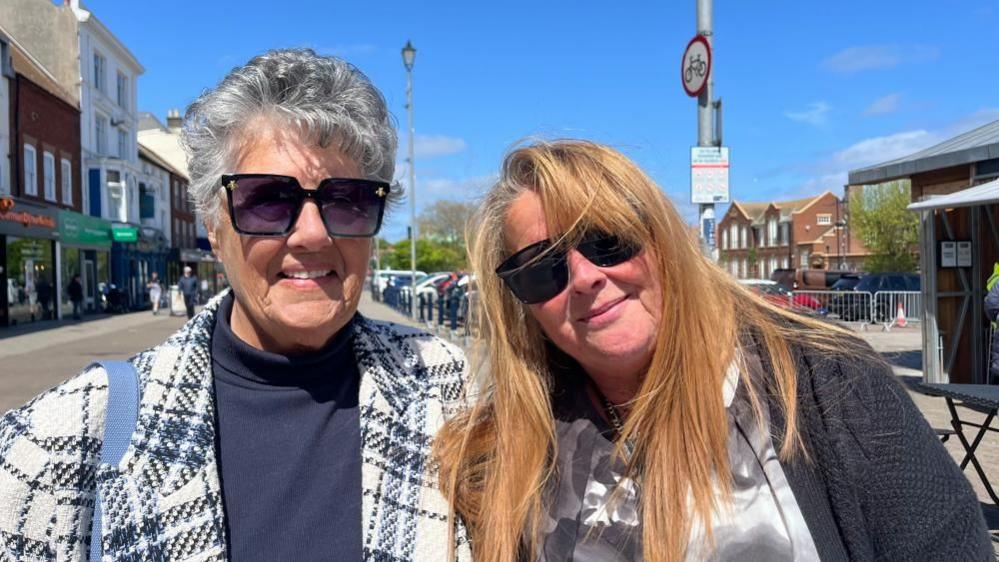
Janet Hargreaves moved to the Great Yarmouth area to be closer to her daughter Susan Hodson
Janet Hargreaves, 85, moved from Birmingham after her husband died to live closer to her daughter, who relocated to Yarmouth several years earlier.
Mrs Hargreaves said: "We had a caravan on the Haven [holiday park] and my daughter has lived here for 20 years and we loved the place, so I bought a little place in Caister and I love it."
Her daughter, Susan Hodson, 58, added: "We take the dogs for walks on the beach, and my children and grandchildren love the beach and they go paddling.
"[But] there's not a lot of opportunities in Great Yarmouth. My children have found it quite hard getting employment unless they've got a trade.
"When I lived in Birmingham, you walked from one job to the next, but here it's very hard. It's seasonal and there's not a lot of job opportunities."
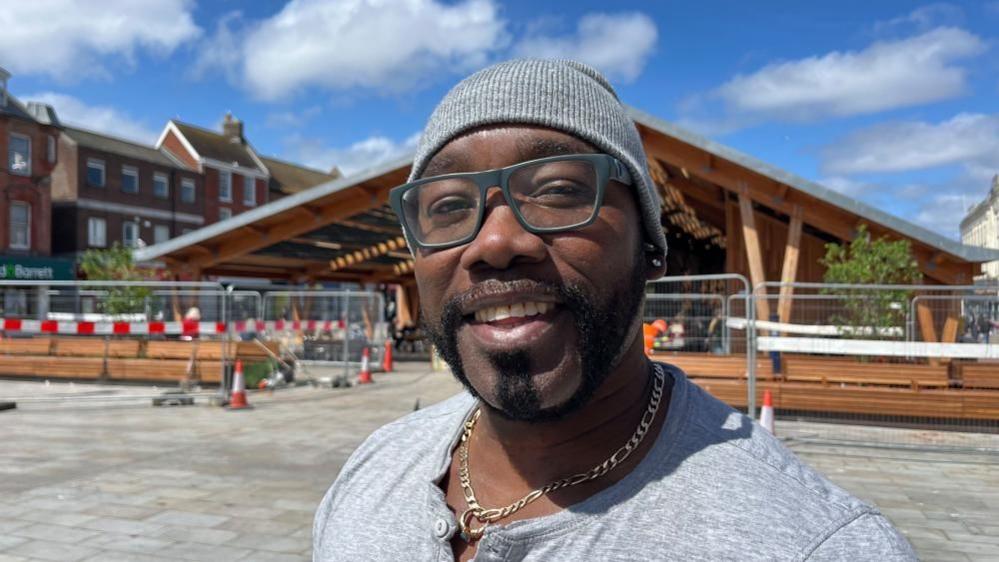
Trevor Davis worked on cruise ships before he moved to Great Yarmouth
Having grown up on the Caribbean island of St Vincent, Trevor Davis, 53, moved to Great Yarmouth 13 years ago.
He said: "I worked on the sea myself, but not in England - on a cruise line for about 13 years.
"I would say [Great Yarmouth] was a lot better 15 years ago. A lot of shops have gone and it's far different than it was.
"I'm hoping [things will get better] but I'm thinking they would have stretched the seafront a bit more to pull some more cruise ships in, because that's where the money is."
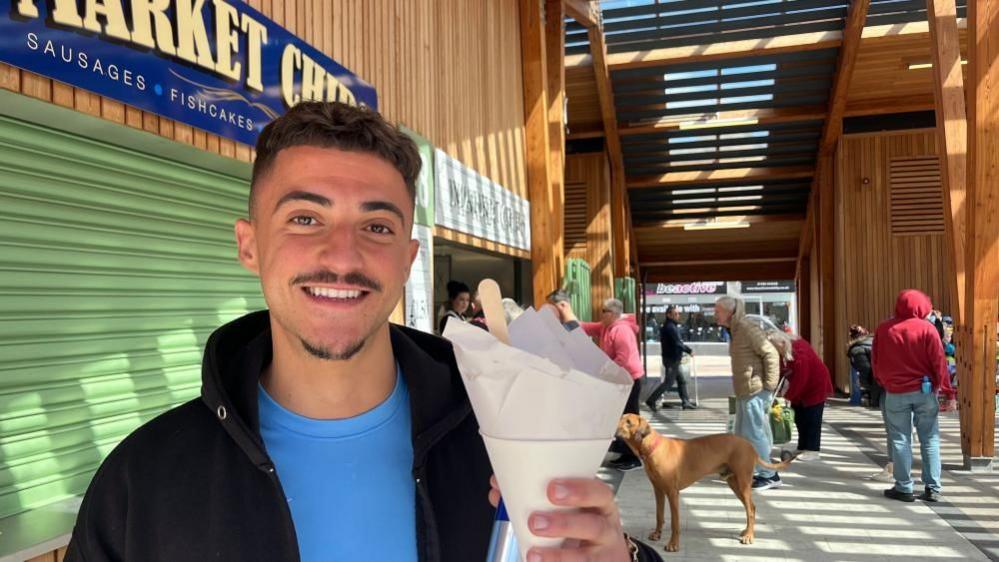
David Cordoso said he thinks Great Yarmouth has plenty to offer
David Cardoso, 25, has his own barber salon and said he benefitted from the town's tourist trade.
"There's definitely still money to be made, and a lot of opportunity, but I think the council needs to do more to keep the streets clean and everything looking good.
"I think the market [rebuilt in 2022] looks good and they've done a good job, and it's good to see they're trying at least.
"Yarmouth's still got a lot to give and things will get better."
Great Yarmouth's wealth dates back to 1208 when King John granted a borough charter, external that saw taxes raised through the fishing industry.
With the arrival of railways in 1844, mass tourism saw further growth, until both industries went into decline after the 1960s - by which time offshore oil and gas was discovered.
Dr Lara Houston, a research fellow at ARU's Global Sustainability Institute, said: "As Great Yarmouth continues to navigate coastal change, such as the development of new industries like offshore wind farms, our new project provides a timely opportunity to document and analyse the experiences of its residents over the years.
"The insights gained from this research should not only add to our understanding of Great Yarmouth's fascinating past, but also provide valuable guidance that could be used to shape its future."
Listen: Can Great Yarmouth's past help shape its future?
Get in touch
Do you have a story suggestion for Norfolk?
Follow Norfolk news on BBC Sounds, Facebook, external, Instagram, external and X, external.
Related topics
- Published18 January
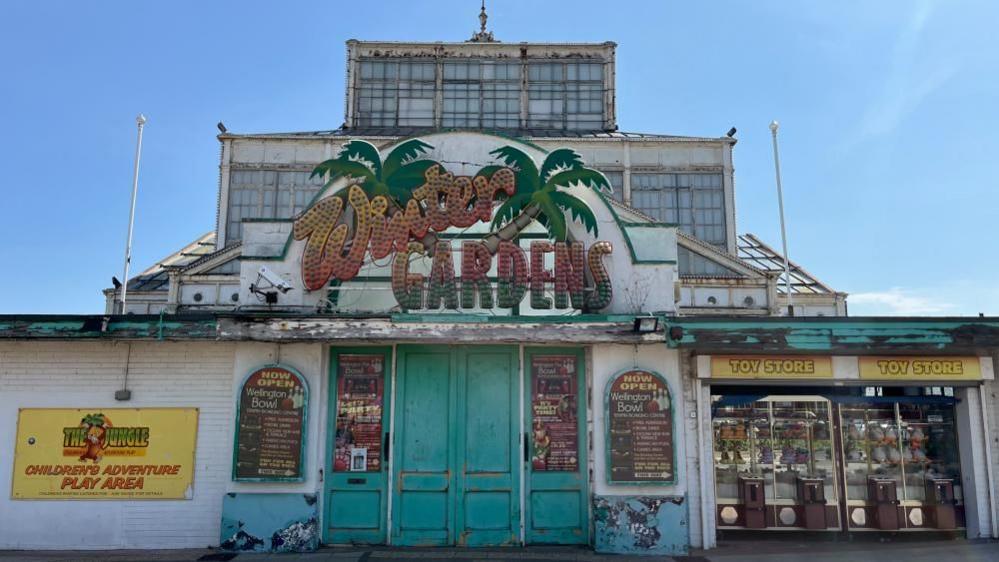
- Published17 April 2024
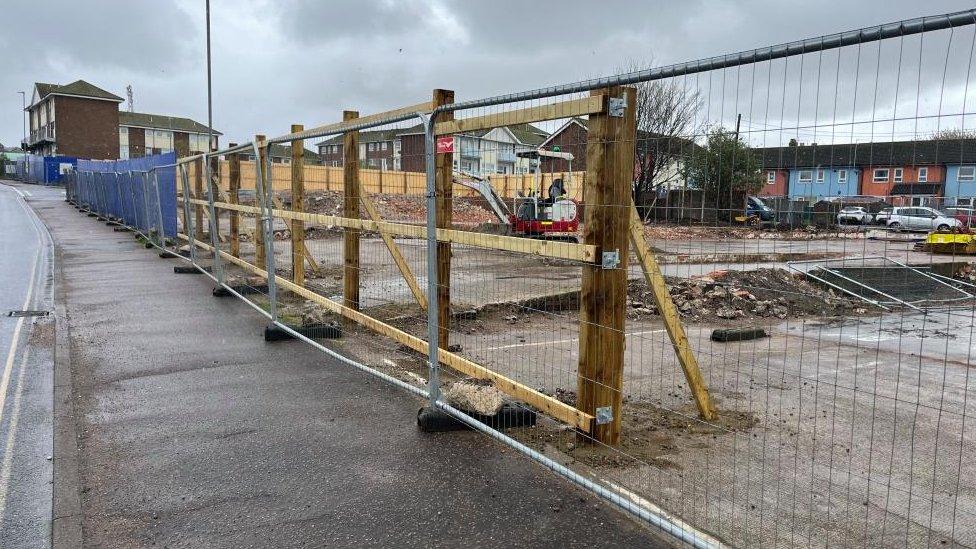
- Published3 January 2024
